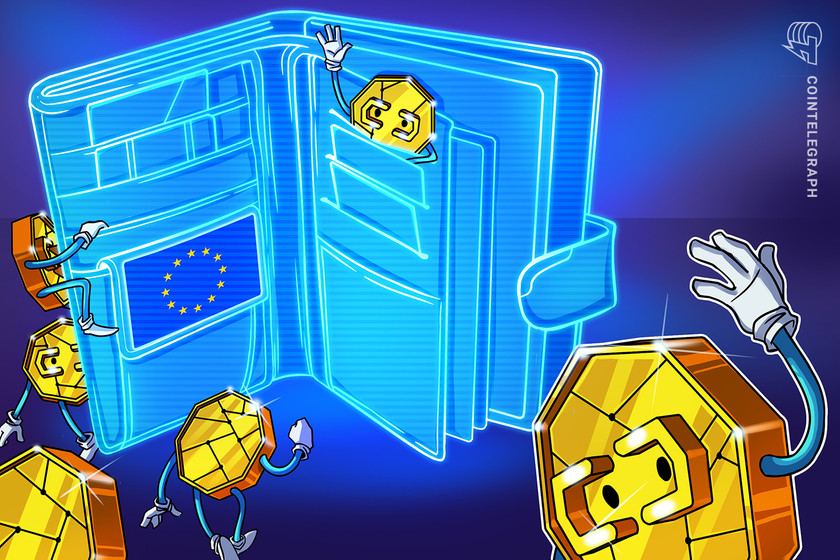Ocean mining pool refutes claims of censoring certain Bitcoin transactions


Dashjr rejected blame for accusations aimed against Ocean and asked Samourai Wallet to fix the bug “on your end.”
Bitcoin (BTC) wallet provider Samourai Wallet has accused BTC mining pool Ocean of censoring Whirlpool CoinJoin transactions and BIP47 notification transactions from Dec. 6. However, Ocean’s top executive has denied the claims while asking the Bitcoin wallet provider to fix a bug in their software.
On Dec. 7, Samourai Wallet claimed that a new policy enacted by Ocean mining pool censors certain Bitcoin transactions. In addition, the wallet provider accused X (formerly Twitter) and Block co-founder Jack Dorsey, who is an investor at Ocean, of a “hostile action.”
Samourai Wallet continues to accuse Dashjr of lying and deceiving community members by shifting the blame away from itself as it asks the community, “Don’t let them get away with this.”























